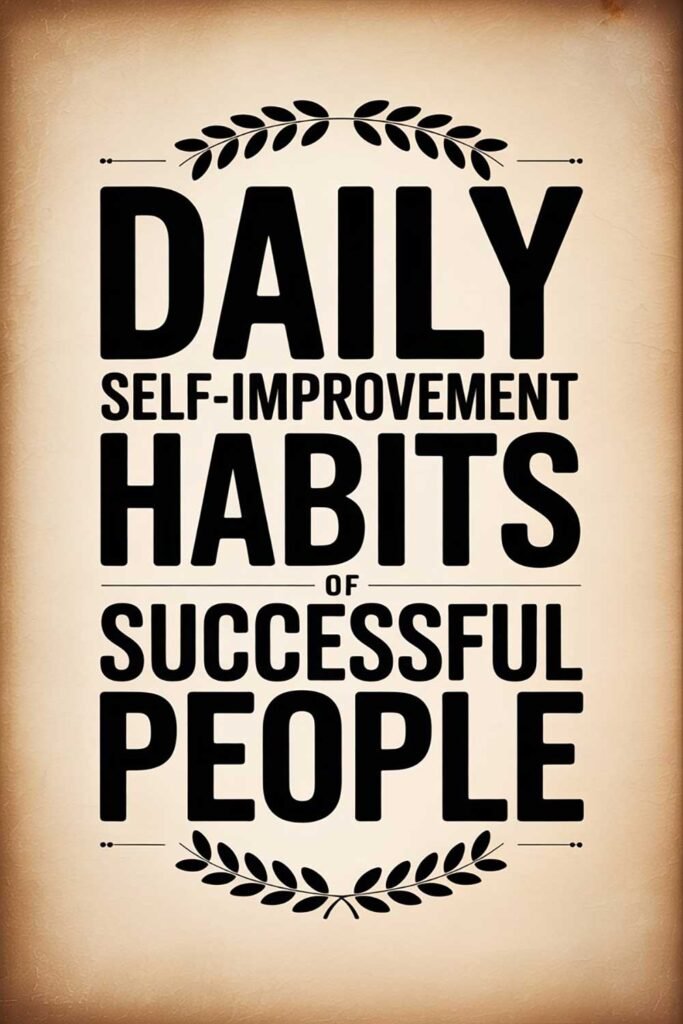
Motivation: The Key to Achieving Your Goals
Understanding Motivation
Motivation is the driving force behind every action you take. It fuels persistence, determination, and the willingness to keep moving forward, even in the face of challenges. Without motivation, even the best-laid plans and goals remain unfulfilled. But what exactly is motivation, and how can you harness it to achieve success?
Motivation comes in two primary forms:
- Intrinsic Motivation: Comes from within and is driven by personal satisfaction, passion, or curiosity.
- Extrinsic Motivation: Comes from external rewards, such as money, recognition, or social status.
Balancing both forms of motivation can lead to greater success in personal and professional endeavors.

The Science of Motivation
Psychologists have studied motivation extensively, and one of the most well-known theories is Self-Determination Theory (SDT), which emphasizes three fundamental psychological needs:
- Autonomy – The need to have control over one’s actions.
- Competence – The need to feel capable and effective.
- Relatedness – The need to connect with others and feel a sense of belonging.
When these needs are met, motivation is naturally higher, leading to better performance and greater fulfillment.
Common Motivation Killers and How to Overcome Them
1. Lack of Clear Goals
Without clear goals, motivation can fade quickly. Use the SMART goal-setting framework:
- Specific: Define exactly what you want to achieve.
- Measurable: Track progress and milestones.
- Achievable: Set realistic but challenging goals.
- Relevant: Align goals with your values.
- Time-bound: Assign deadlines to maintain urgency.
2. Procrastination
Procrastination is one of the biggest obstacles to motivation. Combat it by:
- Breaking tasks into smaller, manageable steps.
- Using the 5-Minute Rule: Commit to working on a task for just five minutes.
- Eliminating distractions and setting a focused environment.
3. Fear of Failure
Fear of failure can paralyze progress. Overcome it by:
- Viewing failure as a learning opportunity.
- Practicing self-compassion and resilience.
- Reframing mistakes as steps toward growth.
4. Lack of Energy
Physical and mental fatigue can drain motivation. Boost your energy by:
- Prioritizing sleep and a healthy diet.
- Engaging in regular exercise.
- Practicing mindfulness and stress management techniques.
Strategies to Boost Motivation
1. Find Your “Why”
Connecting your goals to a deeper purpose fuels long-term motivation. Ask yourself:
- Why is this goal important to me?
- How will achieving it improve my life?
2. Create a Vision Board
A vision board serves as a daily reminder of your goals and dreams. Fill it with images, quotes, and milestones that inspire you.
3. Surround Yourself with Motivation
Your environment plays a significant role in motivation. Stay inspired by:
- Engaging with positive, ambitious people.
- Reading books or listening to podcasts about success.
- Keeping motivational quotes in your workspace.
4. Use Rewards and Accountability
- Reward yourself for small achievements to stay motivated.
- Share your goals with an accountability partner to stay on track.
5. Develop a Routine and Stick to It
Motivation fluctuates, but discipline and routine can keep you moving forward. Establish a daily structure that includes time for focused work, breaks, and relaxation.
Picture This
Imagine waking up every day with a clear sense of purpose. You no longer feel stuck or unmotivated because you have a plan, a goal, and the drive to pursue it. Every step you take brings you closer to your dreams, and setbacks no longer feel like failures but opportunities to learn. This is the power of motivation—when you harness it, success is inevitable.
Share This with Someone Who Needs It
If this guide inspired you, share it with a friend, colleague, or loved one who needs a motivational boost. Let’s help each other stay driven and achieve greatness!






